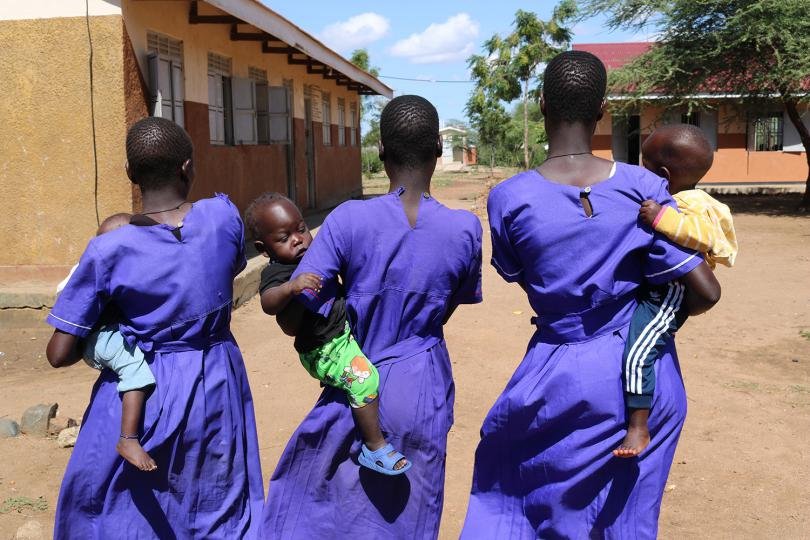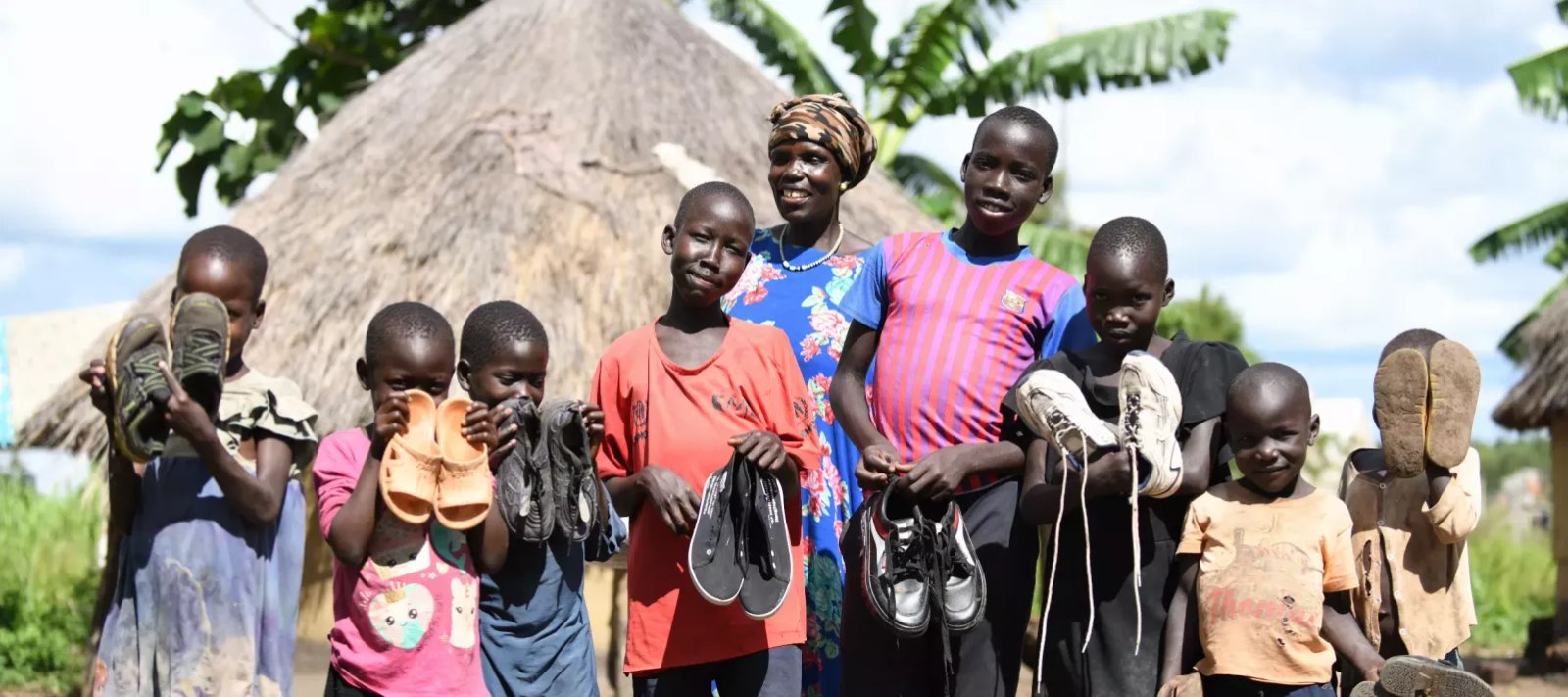
The Importance of Immunization: A Story from Uganda
Under a semi-permanent shelter, 29-year-old Francis Byakatonda enjoys a lunchtime bonding moment with his son, Joel, who is just over a year old. Their smiles reflect the joy of a father-child relationship, yet their journey to this point has been challenging.
Initially, Joel missed his immunizations because Byakatonda and his partner, Gift Birungi, were living in Kagamba, Rakai District, and hadn’t prioritized healthcare. After returning to their home in Lubaga, they were visited by a Village Health Team (VHT) during an outreach session focused on the Gavi-funded Zero-dose Immunisation Program.
The term "zero-dose" refers to children who have not received any routine vaccinations, specifically the Diphtheria Pertussis Tetanus (DPT1) vaccine. Gavi, an international organization dedicated to improving vaccine access in low-income countries, aims to eliminate zero-dose children by reducing their numbers by 25% by 2025 and by 50% by 2030.
Byakatonda expressed gratitude for the VHT's efforts, which emphasized the importance of immunization for his child. Milly Namaalwa, a Zero-dose consultant with UNICEF, highlighted the organization's commitment to ensuring every child is vaccinated. “Our slogan is ‘Leave no one behind with immunization,’” she explains, emphasizing the crucial role VHTs play in community engagement.
Before receiving his vaccinations, Joel frequently fell ill, suffering from fevers, diarrhea, and poor appetite. "I was often taking him to clinics, which became costly," Byakatonda recalls. After the VHT visit, he learned that immunization was vital for Joel's health. Since being vaccinated, Joel has thrived—he no longer suffers from ailments and has a healthy appetite.
Health facilities in the area prioritize communities with high numbers of zero-dose children, ensuring that immunization outreach occurs monthly. This approach helps build a tracking system to identify unimmunized children, with VHTs conducting home visits to register children for immunization.
According to Ruth Apiot, a registered nurse at Kisenyi Health Centre IV, challenges persist, especially with the high refugee population, which makes it difficult to ensure consistent vaccinations. Nevertheless, the center immunizes about 30 babies daily, many of whom are zero-dose infants.
Immunization is critical for preventing serious diseases. WHO states that it saves 3.5 to 5 million lives annually from illnesses like diphtheria, tetanus, and measles. With initiatives like the Gavi program, there is hope for a healthier future for children in Uganda and beyond.
Francis Byakatonda's story is a testament to the transformative power of immunization—proving that with the right support, every child can have a healthy start in life




